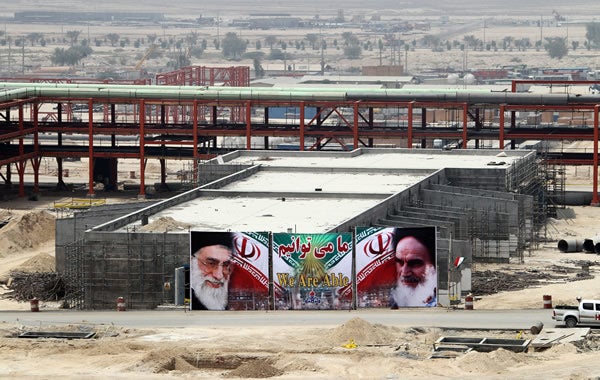Millions of barrels of Iranian oil have gone undetected by sanctions enforcement, according to a recent Reuters report.
In order to subsidize its diminished state-controlled oil revenue, the Iranian regime is using the tiny port of Labuan, Malaysia, to hide and sell its oil.
The Daily Signal depends on the support of readers like you. Donate now
The Iranian oil begins its journey in export hubs such as Kharg Island in Iran or Fujairah in the United Arab Emirates. There, it is loaded onto blacklisted vessels for delivery to Labuan. Once in Labuan, the crude is unloaded onto Chinese-owned vessels with elusive trails of ownership. The Chinese vessels then head for Chinese ports and unknown destinations.
Chinese oil companies have a vested interest in the success of Iran’s energy sector. In the Heritage report “Refocus on Iran: More Sanctions Needed,” James Phillips points out the “extensive commercial ties” between Iran and China. In fact, in 2011, China and Iran announced that they hoped to increase the trade value between the two countries up to $100 billion in the next five years. Current efforts to deter Iran’s nuclear ambitions through escalating sanctions, Phillips writes, will be effective only if “Chinese companies do not undercut” them.
When asked by Bloomberg about the Obama Administration’s approach to sanctions against the Iranians, Secretary of State Hillary Clinton said, “We’re watching very carefully about what they do, because it’s always been more about their actions than their words.”
With the dodging of U.S. sanctions and the continuing progress on its nuclear arms program, Iran’s actions are speaking very clearly. The regime has no intention of halting its nuclear ambitions. Is the Administration listening?
Vanessa Bazan is currently a member of the Young Leaders Program at The Heritage Foundation. For more information on interning at Heritage, please visit http://www.heritage.org/about/departments/ylp.cfm.






























